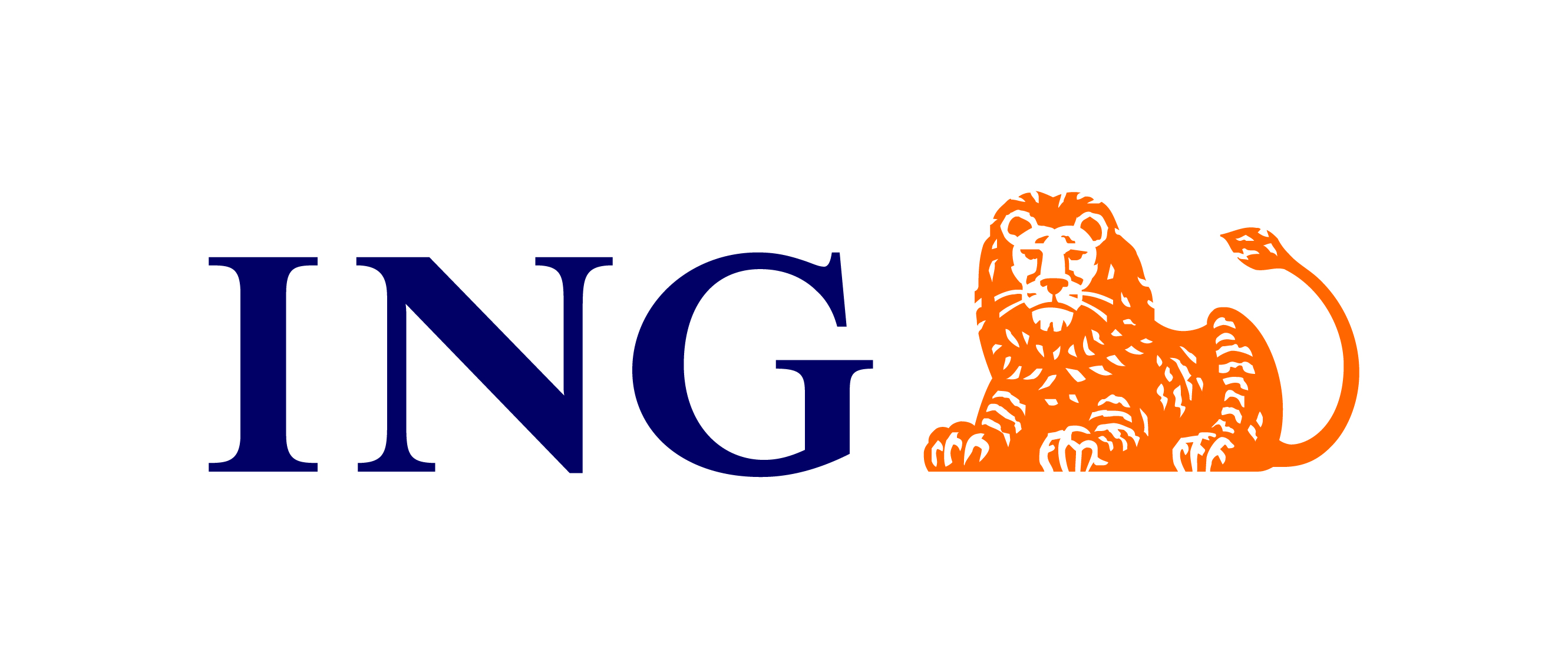ACADEMIC
Antwerp Management School • Eurometropolitan e-Campus • Hénallux • HOWEST University of Applied Sciences • ICHEC Brussels Management School • KU Leuven • PXL Hogeschool • Solvay Brussels School of Economics & Management • Syntra PXL • Technofutur TIC • Thomas More • UC Louvain • UGent • ULB – Université Libre de Bruxelles • Université de Namur • VIVES University College • VUB – Vrije Universiteit Brussel
FEDERATIONS
Agoria • Assuralia • Beltug • Comeos • Febelfin • Fevia • HRZKMO-CSIPME • LSEC • Santhea • Synergrid • VBO-FEB
PRIVATE
AG Insurance • Allen & Overy (Belgium) LLP • Argenta • ATOS • AXA Belgium • Belfius • Byblos Bank Europe • CheckPoint Software Technologies • Colruyt Group • Computacenter • Crelan AXA Belgium • Devoteam • DKV Belgium • Ethias • Euroclear • Exclusive Networks • EY Advisory Services • Fortinet Belgium • Huawei Technologies Belgium • Isabel Group • Kroll Associates • Microsoft • National Bank of Belgium • Netskope • NRB • Orange Belgium • Orange Cyberdefense Belgium • PwC Belgium • Schneider Electric • Sodexo • SopraSteria Benelux • TCR International • Telenet Group • Thales Group Belgium • Trend Micro Belgium • Vanbreda Risk & Benefits • Wavestone Belgium • Westcon-Comstor • Zetes Belgium
2dehands/2ememain • AboutIT • Approach Belgium • Bow Tie Security • Brand Compliance • Cranium Belgium • DigiTribe • DNS Belgium • EASI • Elimity • EURANOVA • EURid • Excellium Services Belgium • Expertware Belgium • Innocom • Intigriti • ITSME • Jarviss • Maiky • nextAuth • NVISO • Passwerk TRPlus • Rhea Group • Secutec • SecWise • Sirius Legal • Sirris • Toreon • Trustbuilder • Uniwan • Wortell
PUBLIC
Agence du Numérique • A.S.T.R.I.D • BCED • Belgian Defence • Belnet • BelV • BIPT-IBPT • CPAS Bruxelles • C.R.E.G. • Centre for Cyber Security Belgium • ENABEL • European Commission • FIA-FAI Federal Audit • Flanders Investment & Trade (FIT) • FPS Justice • FPS Policy & Support (BOSA) • FPS Foreign Affairs • FPS Economy, SMEs, Self-employed & Energy • FPS Finance • FPS Health, Food Chain Safety, Environment • Data Protection Authority • FPS Home Affairs (IBZ) • IDELUX - Association intercommunale pour le développement économique durable de la province de Luxembourg • iMio • IRISnet • MIVB-STIB • NMBS-SNCB • Paradigm.brussels • SCK-CEN • VDAB •Vlaamse Overheid - Vlaio • Le Parlement de Wallonie
HEALTH CARE
AZ Delta • AZ Oudenaarde • AZ Rivierenland • AZ Sint-Jan • AZ Sint-Lukas Brugge • AZ Vesalius • Broeders van Liefde • CHU-UVC Brugmann/ HUDERF • CHU Saint Pierre • Clinique Saint Pierre Ottignies • Cliniques Universitaires Saint-Luc • GPN Son • Grand Hôpital de Charleroi • Iris Ziekenhuizen Zuid • Jan Yperman Ziekenhuis • Jessa Ziekenhuis • Onze-Lieve-Vrouw Ziekenhuis Aalst-Asse-Ninove • Korian • Ziekenhuis Oost-Limburg (ZOL) • ZNA Ziekenhuisnetwerk Antwerpen • UZ Leuven • VITAZ Hospital
NON-PROFIT
Cetic • ISACA Belgium• Landsbond der Christelijke Mutualiteiten • Miris • Multitel • SAI • Socialware
ASSOCIATE MEMBERS
Gunther Penne • Iva Tasheva • Kurt De Meyer • Joost Rommelaere • Meenakshi Sundaram • Sam Van Hauwaert

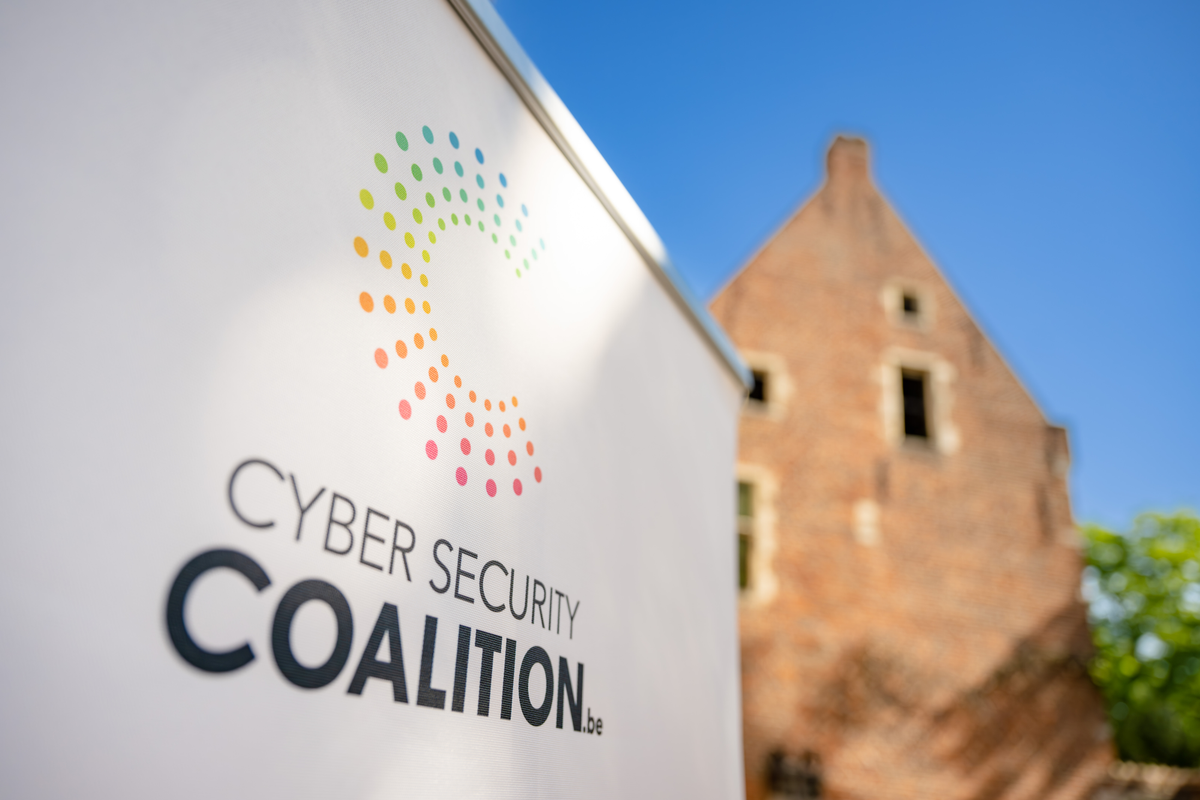






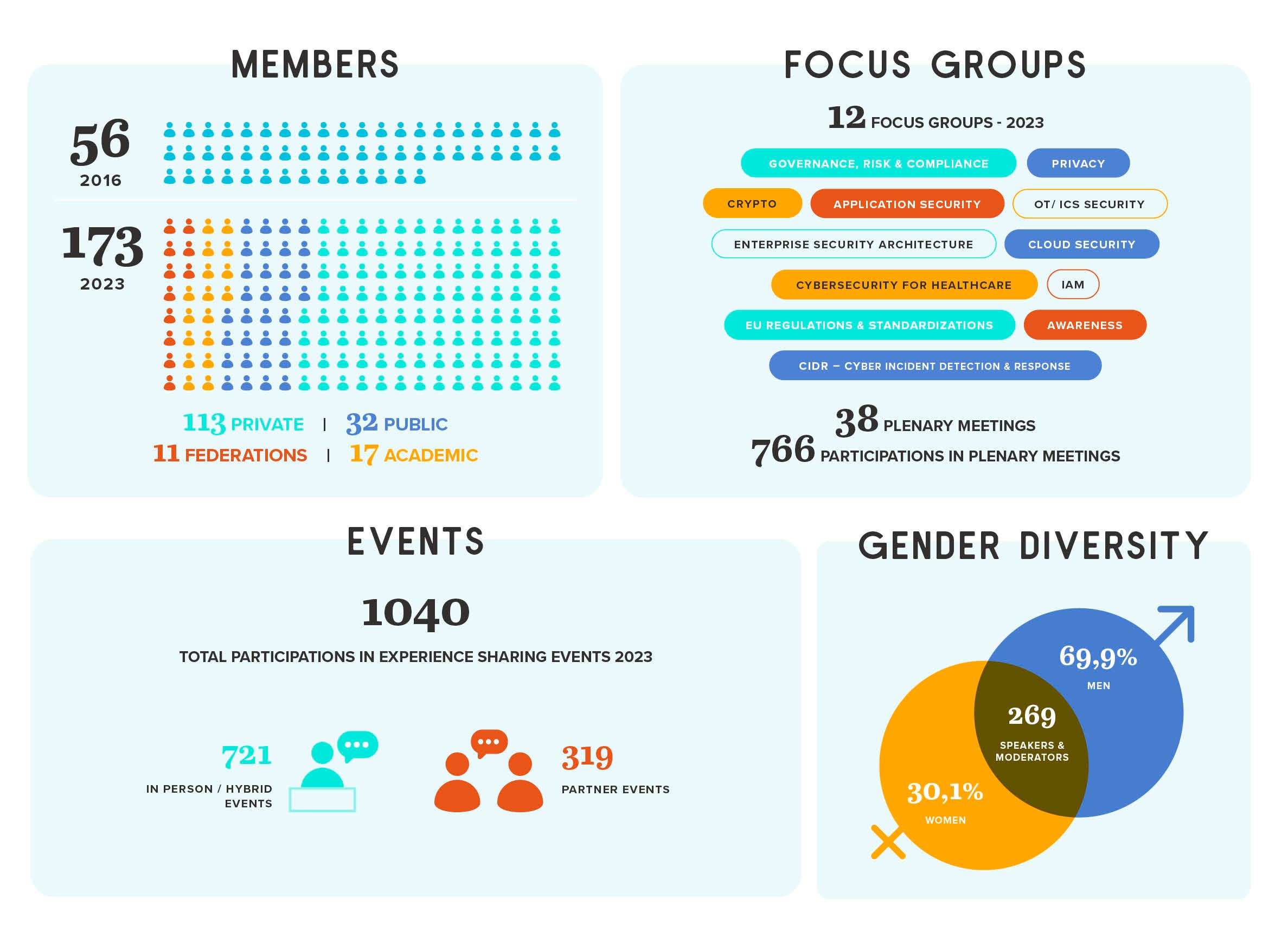



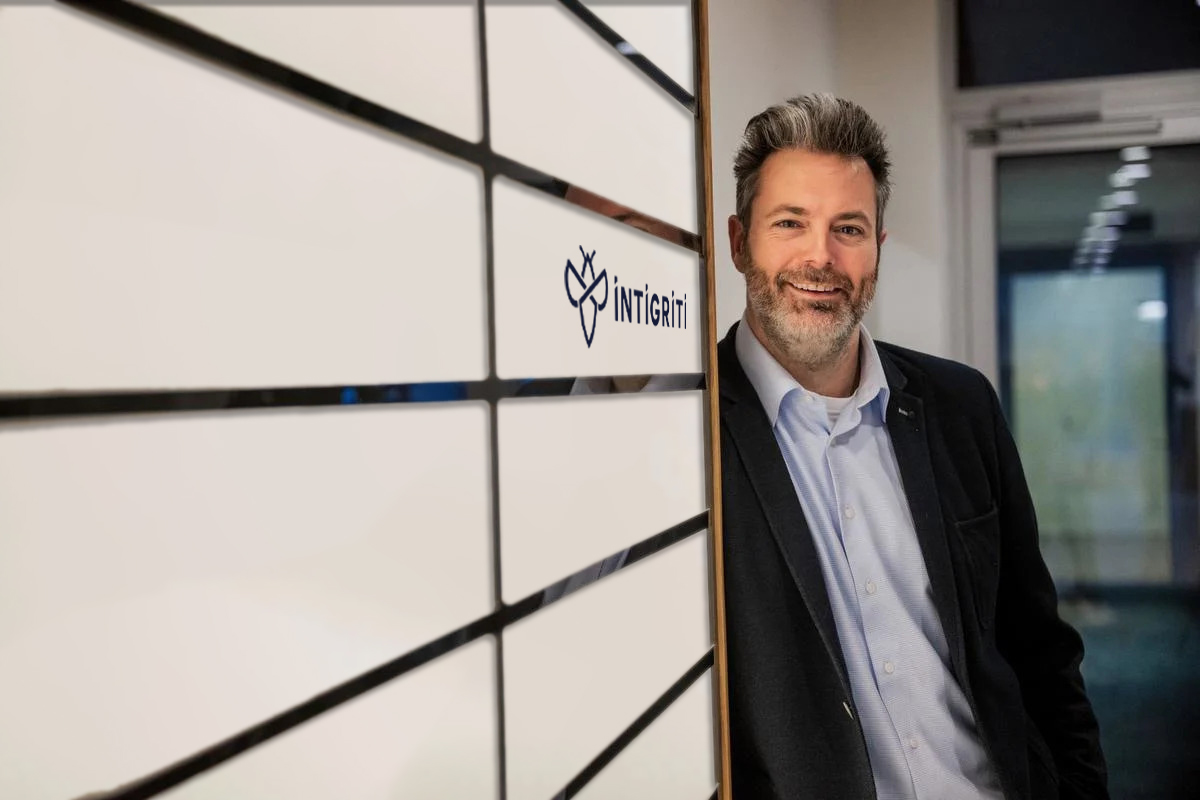



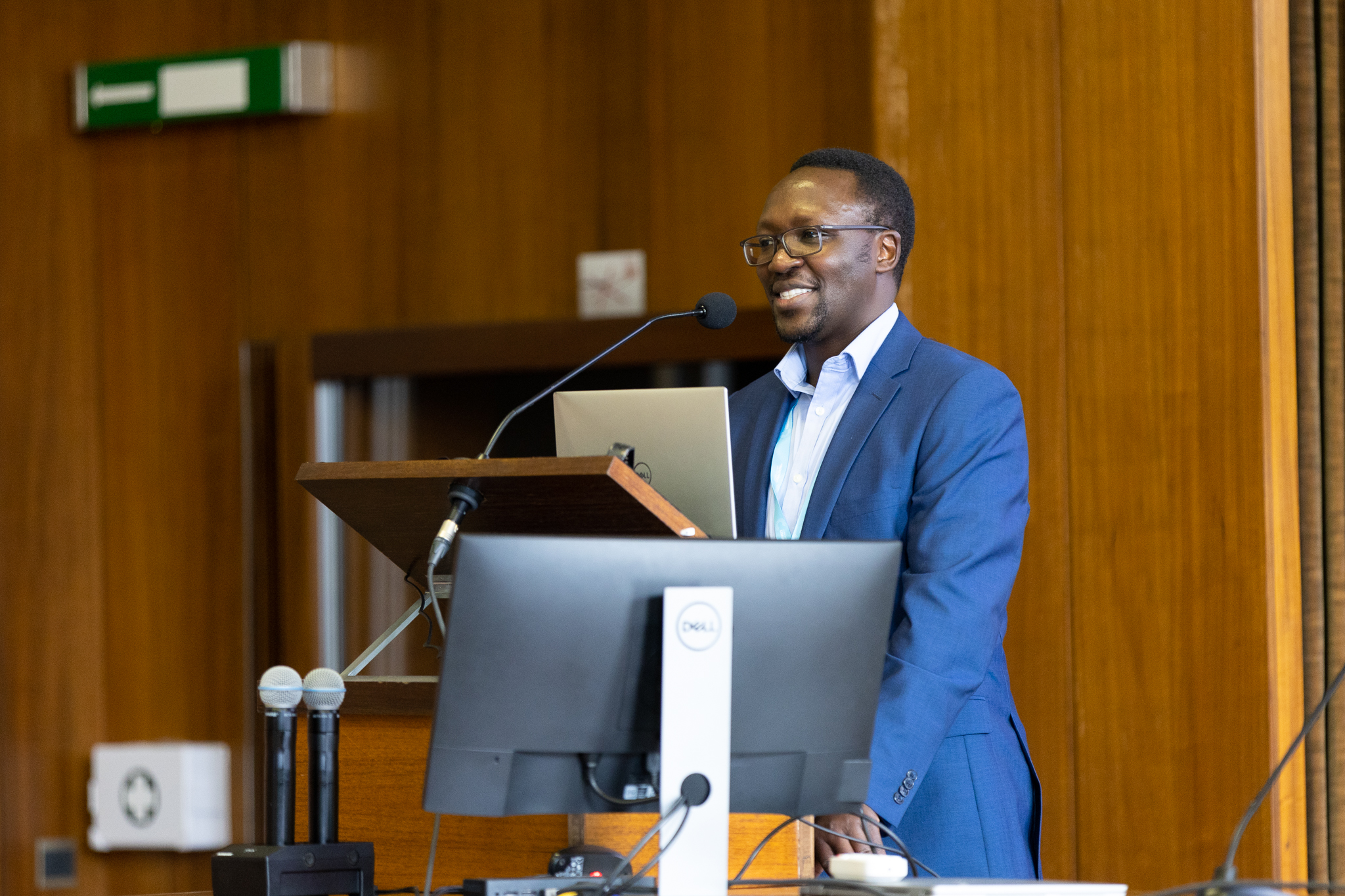

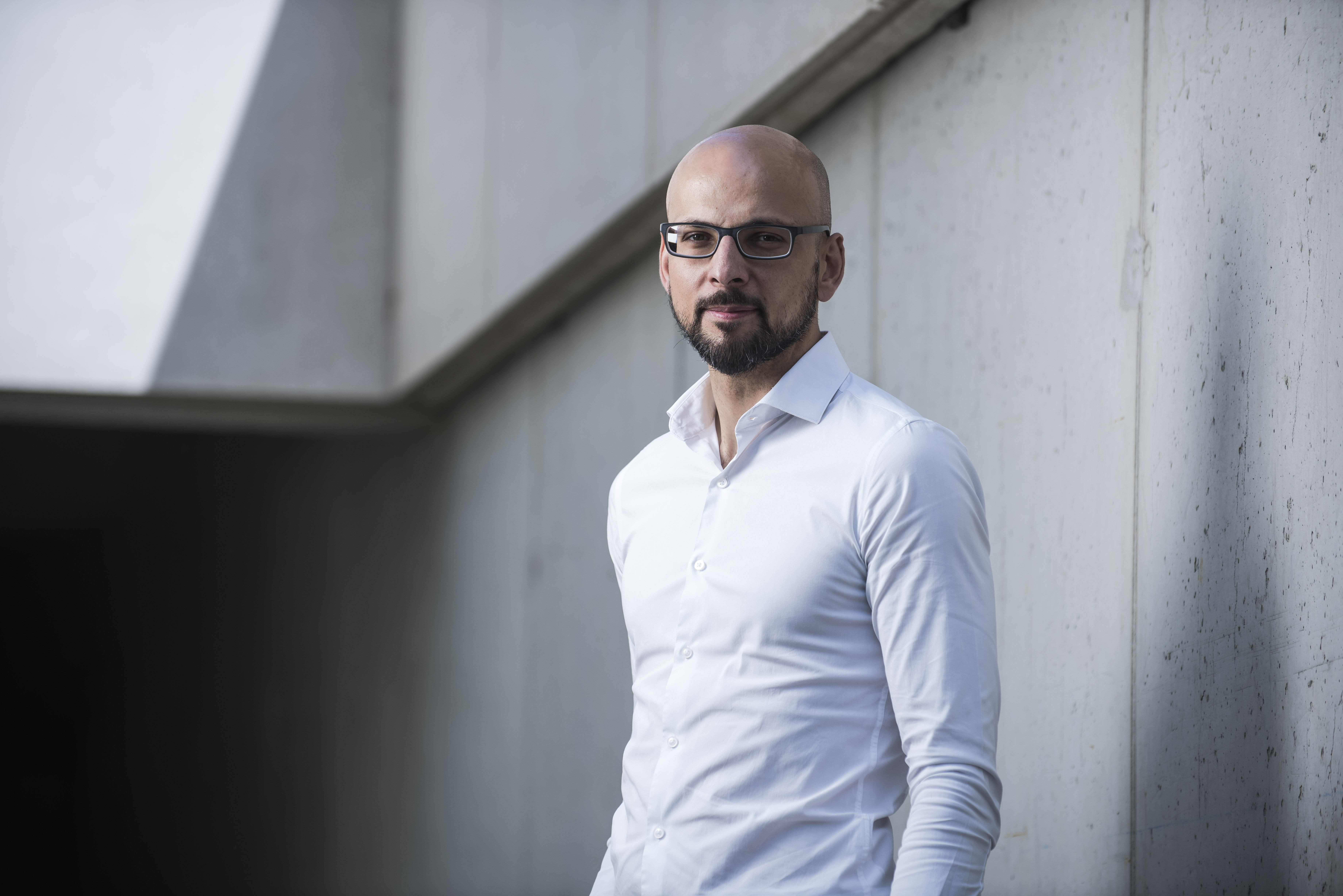
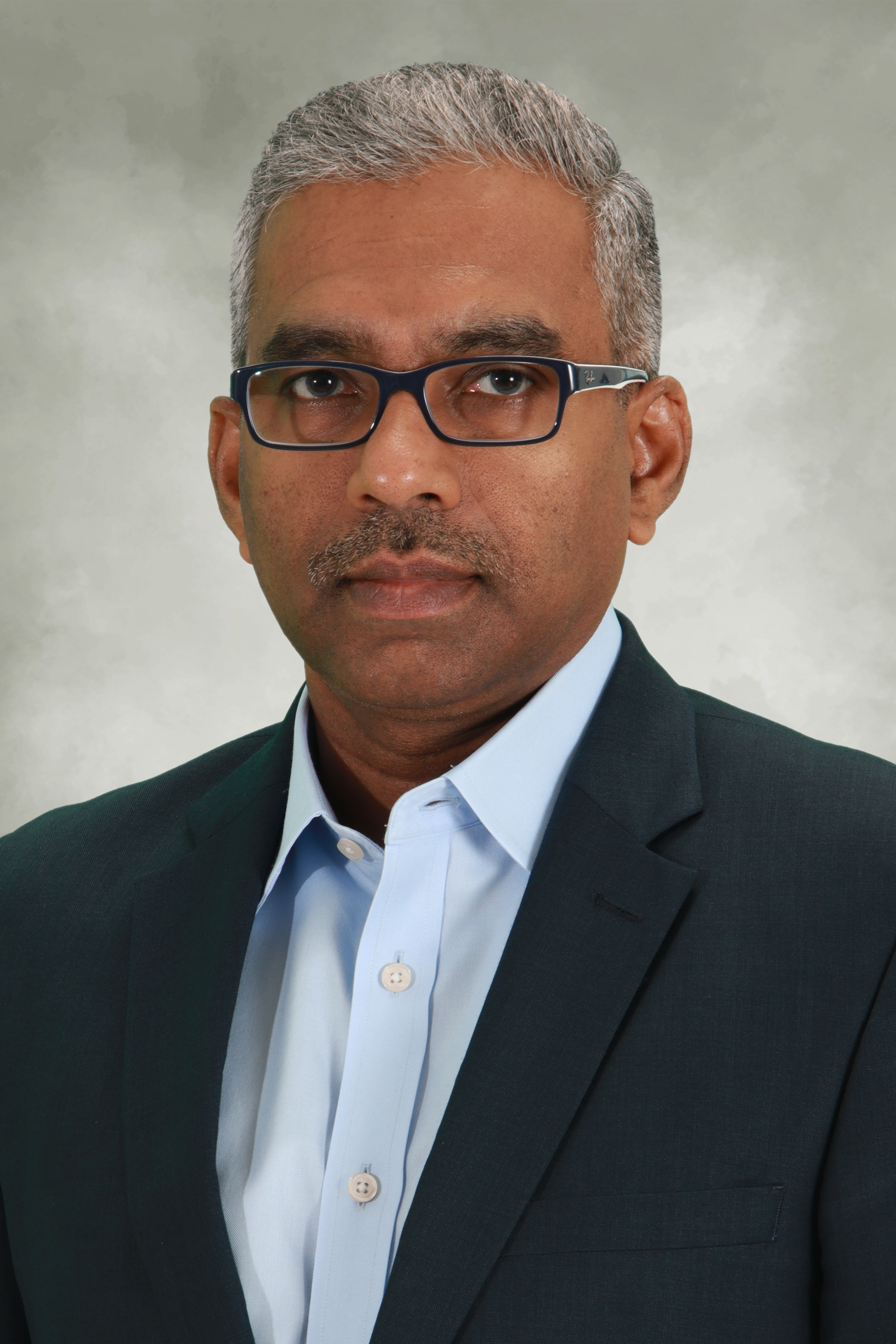







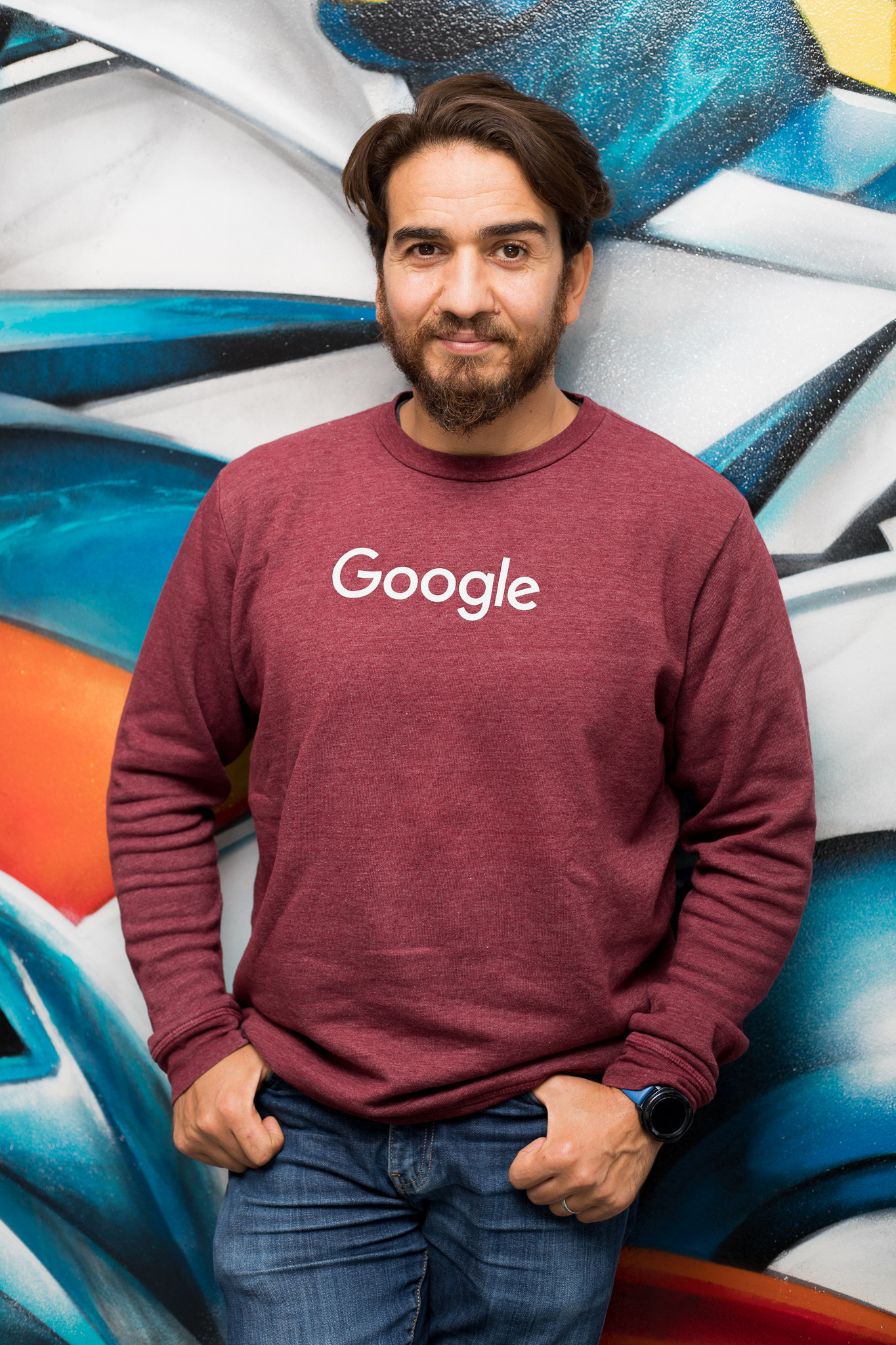
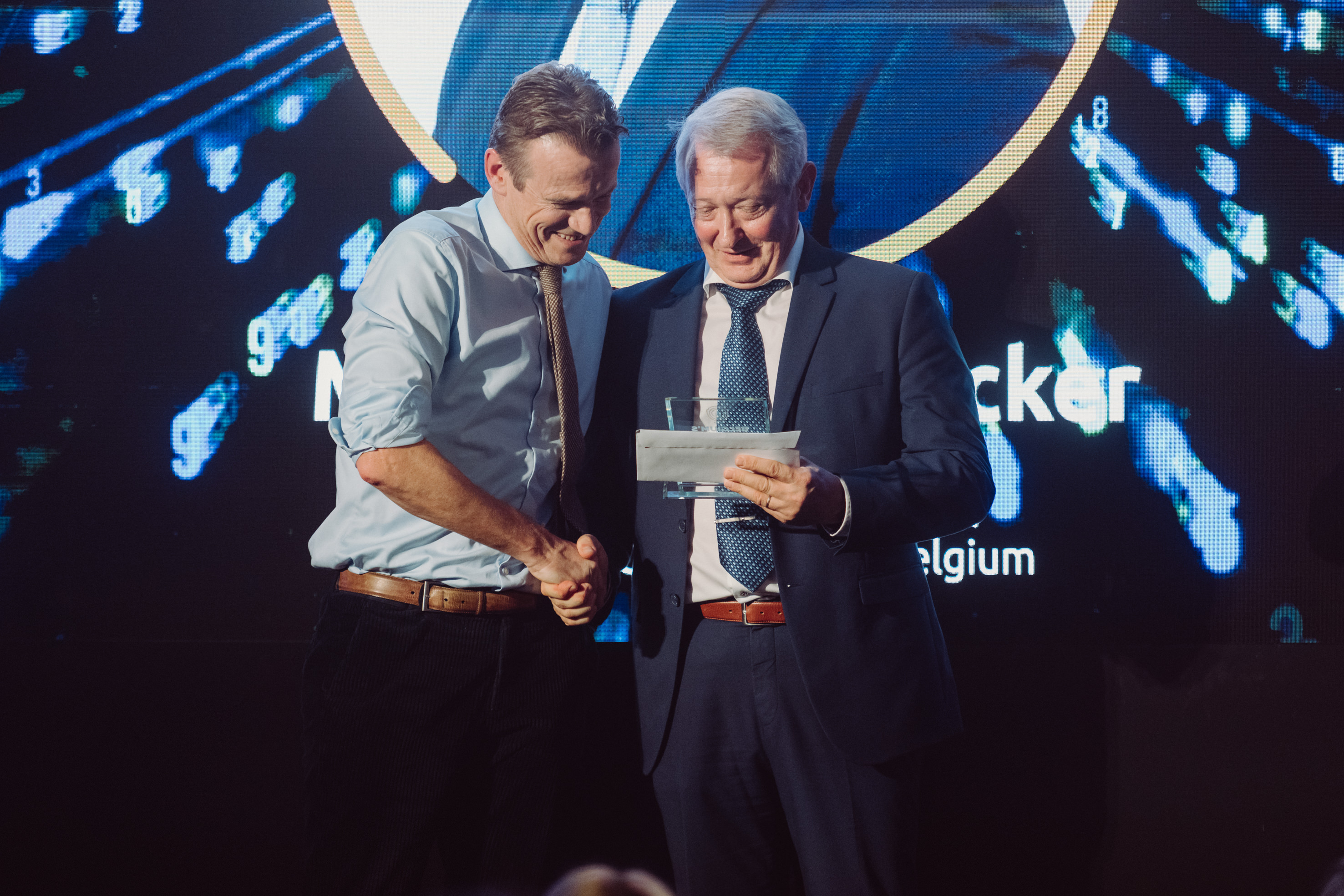

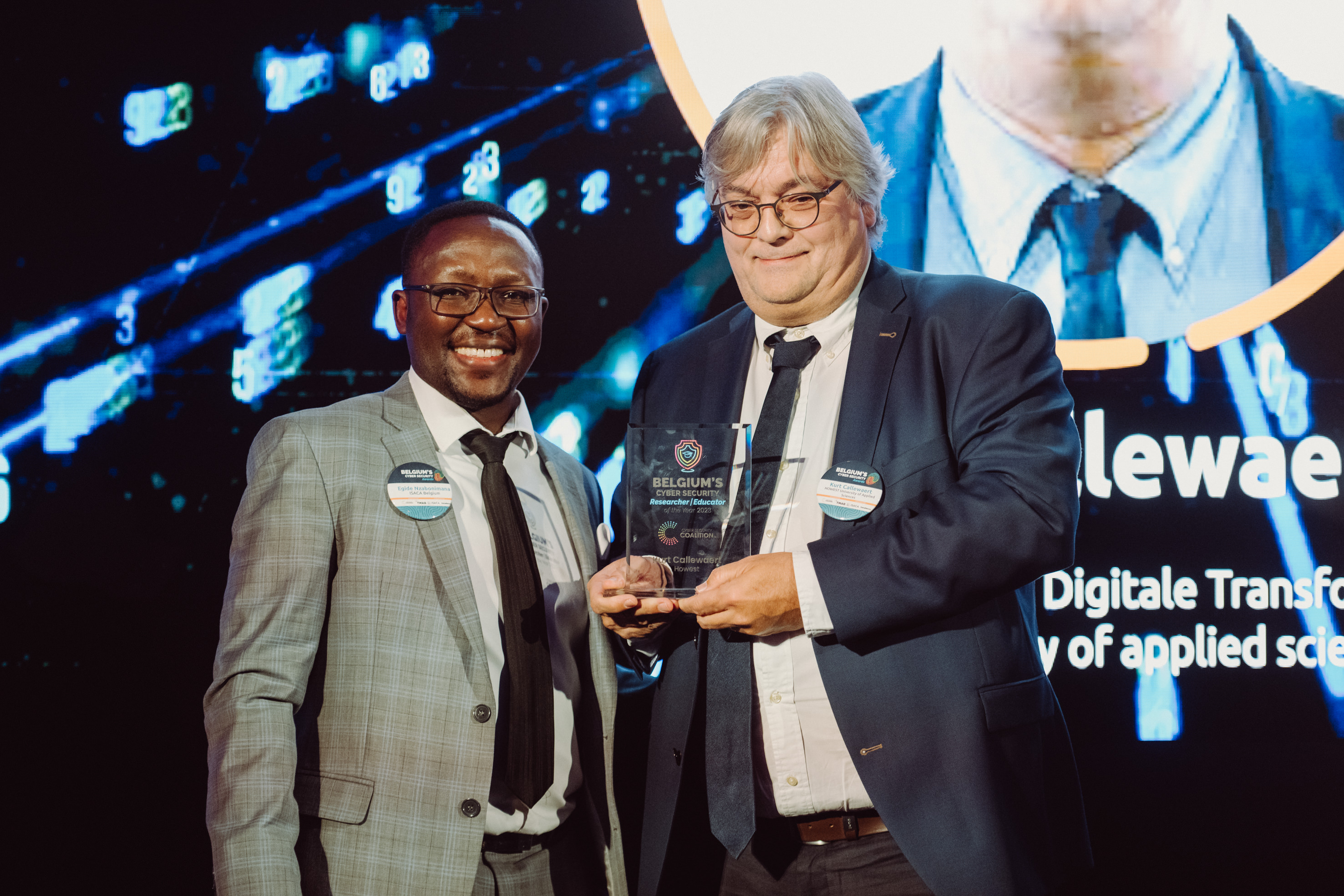
.jpg)
.png)
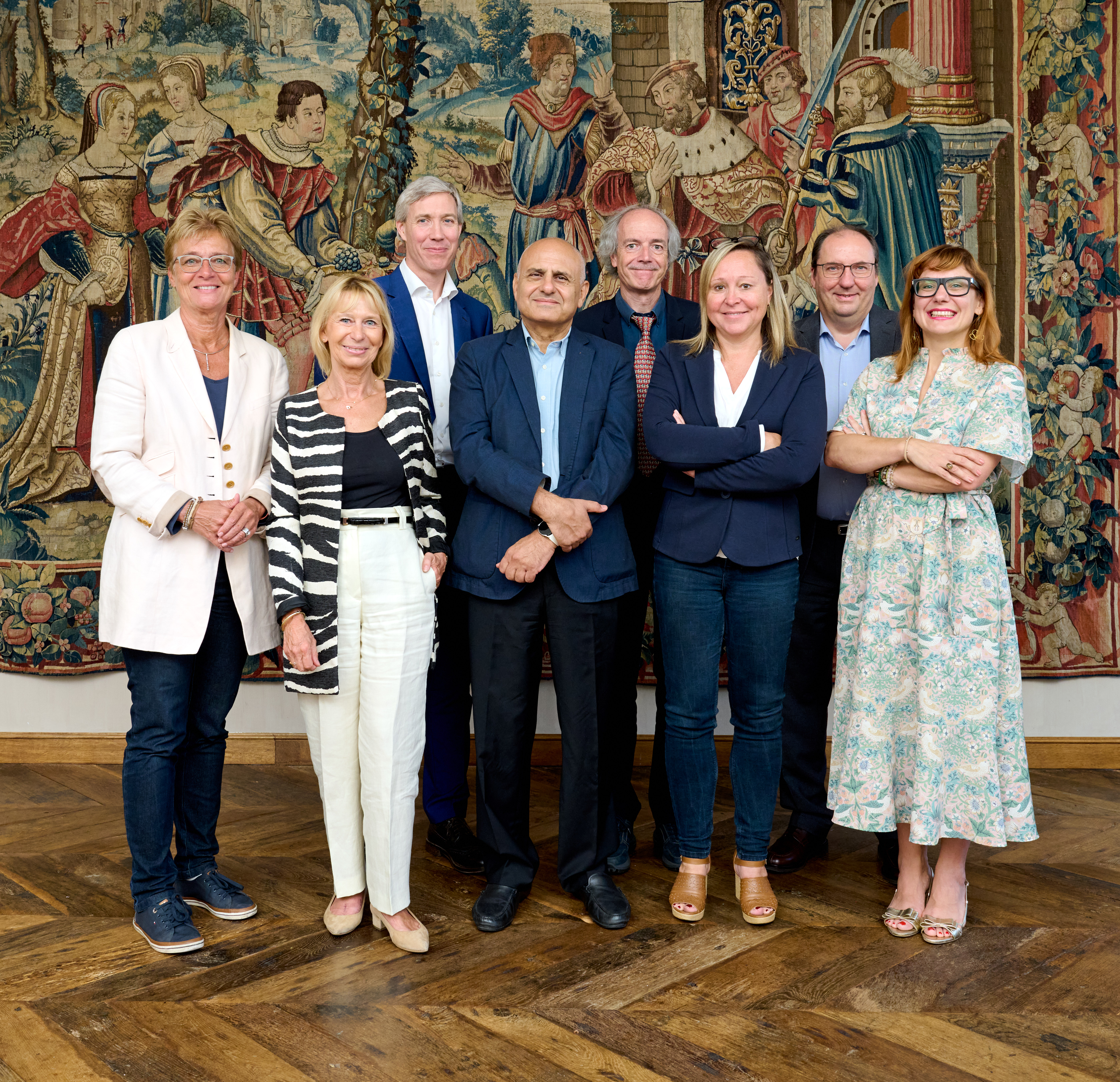
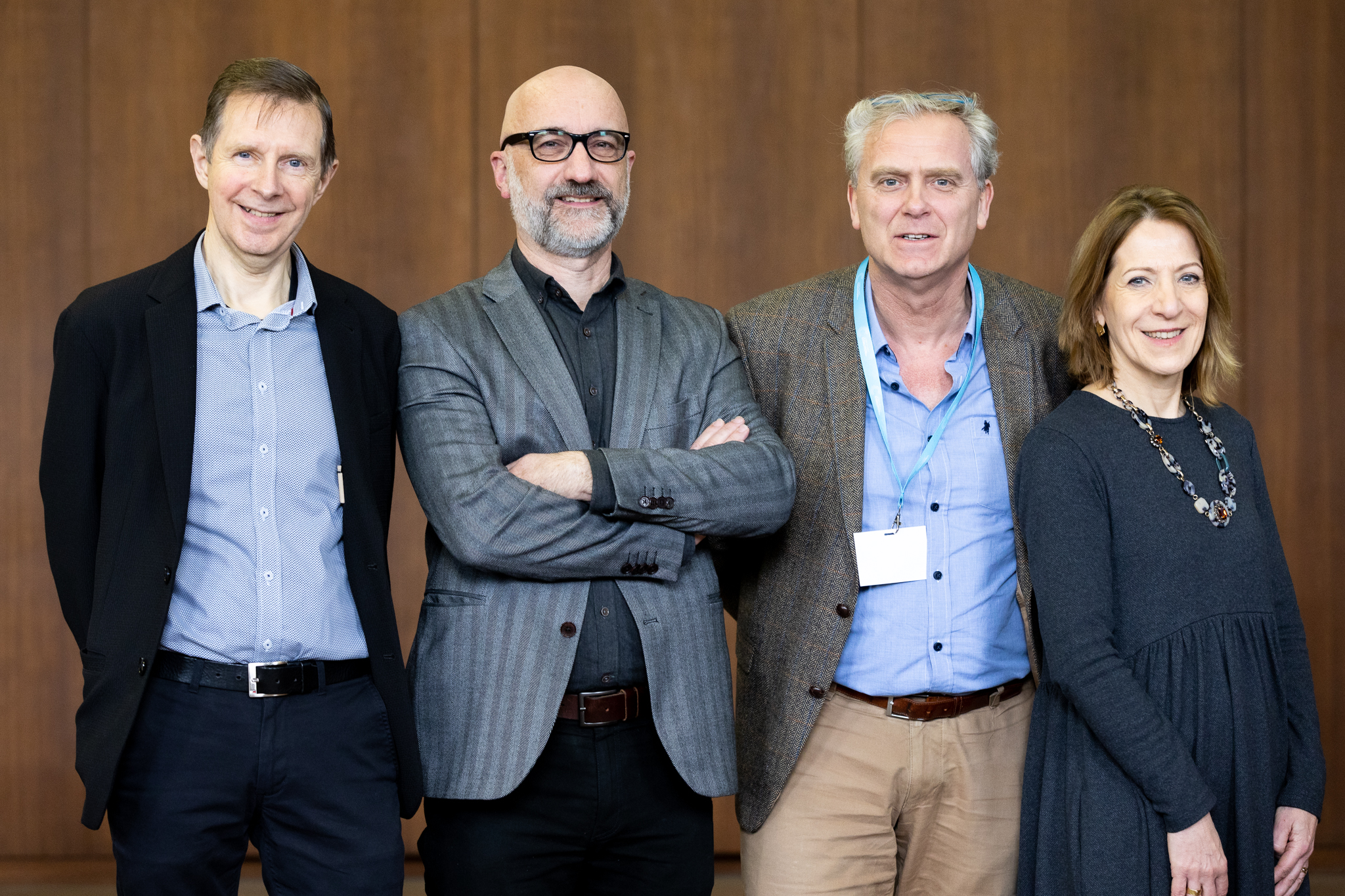

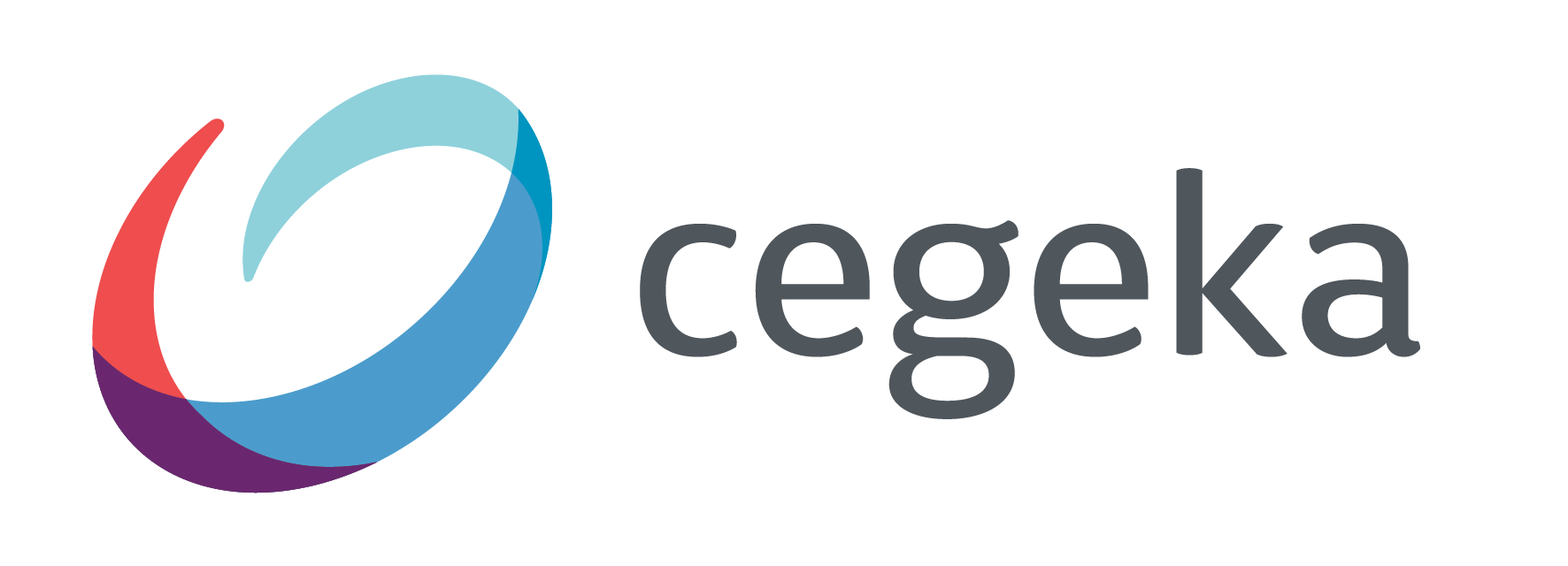

.jfif)


